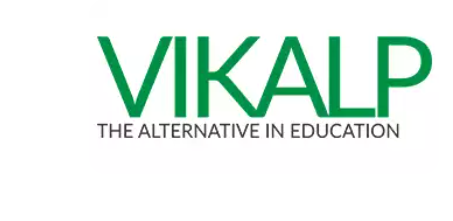Homeschooling and virtual schooling have experienced a rapid increase globally, with many homeschoolers opting for online schools as a viable alternative to traditional education. According to recent data collected in October 2023, 11.1% of U.S. households with school-aged children reported homeschooling at least one child. This trend aligns with findings from the National Center for Education Statistics, which indicates a decline in student enrollment in U.S. public schools, with approximately 49.6 million students enrolled in 2022—down by about 1.2 million since 2019. This phenomenon is not limited to the U.S.; India is also witnessing a surge in homeschooling, though reliable data on the number of homeschoolers in the country is still lacking.
A crucial question arises regarding the impact of homeschooling on students: Is this teaching methodology effective? Are students performing better academically? Is the overall quality of life for both teachers and students improving? To explore these questions, a U.S.-based nonprofit organization, Acumen, conducted a lean data study involving parents of students at Vikalp India, a popular online school.
The survey revealed that 80% of parents noted an improvement in their child’s grades, while 83% observed a slight enhancement in their child’s quality of life. The shift in quality of life is largely attributed to the innovative teaching methods employed in online schools. Unlike traditional classrooms, where lectures are common, Vikalp India introduces concepts through interactive learning tools, allowing students to discover ideas through hands-on activities at their own pace. This approach fosters a deeper engagement with the material, leading to improved academic performance.
Classes at Vikalp India are small, typically consisting of only 5 or 6 students. This allows teachers to guide students through activities and projects while encouraging critical thinking through probing questions. Dinesh Gupta, Founder & CEO of Vikalp India, emphasizes that this teaching-learning method not only aids in understanding and retention but also develops higher-order skills such as analysis, evaluation, application, and creation—essential abilities for tomorrow’s AI-driven job market.
Acumen’s lean data team also interviewed Vikalp India teachers, revealing that 43% reported an increase in their interest in teaching. Impressively, 100% noted an improvement in students’ interest and grasp of concepts, 62% observed better grades, and 95% witnessed enhanced retention abilities among students. The resulting Net Promoter Score (NPS) of 62% indicates that over 60% of teachers actively endorse this method of teaching.
Neha Choudhry, Co-Founder & Chief Idea Officer (CIO) of Vikalp India, points out that experiential learning is not feasible in traditional classrooms with 40 to 50 students. Managing such a diverse group while utilizing multiple learning tools is impractical, making online schooling a more effective solution for fostering critical thinking and discovery-based learning. Furthermore, traditional schools often struggle to meet the needs of both above-average and below-average students, leading many parents to seek alternative educational options.
As a result of these factors, online schools are gaining popularity, and an increasing number of parents are choosing homeschooling or enrolling their children in online programs. This shift signifies a broader transformation in education, where traditional schools are no longer the sole option for families seeking quality learning experiences for their children.











